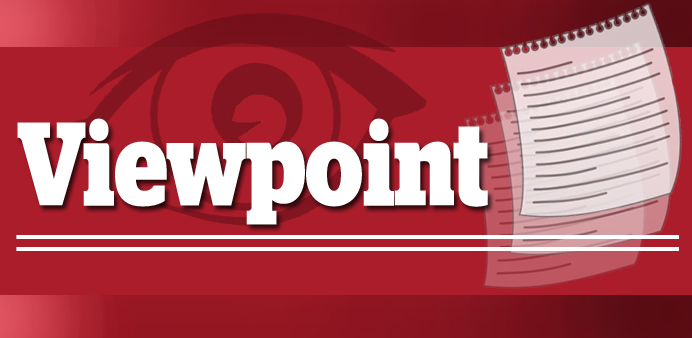Barack Obama’s billion-dollar boost to security along Nato’s eastern border states this week prompted a swell of mostly grateful reactions from the Baltic to the Carpathian mountains.
The announcement during Obama’s trip to Poland that boots on the ground will back up the funds drew at times fierce scepticism in some quarters while it was jubilantly greeted in Poland and the Baltic republics.
The steps were “tangible proof of solidarity!” tweeted Lithuanian Foreign Minister Linas Linkevicius, who on Wednesday thanked his US counterpart John Kerry in person for the US involvement in the Baltic.
“I believe that this strengthens security in Latvia and East Europe,” added Latvian Prime Minister Laimdota Straujuma. “It is vital for us that the situation in the East represents such a cause for concern.”
And in a statement released in Brussels, Estonian Defence Minister Sven Mikser emphasised that “Estonia has a strong interest in a lasting presence of allied Nato forces in Estonia, Latvia and Lithuania”.
Polish Defence Minister Tomasz Siemoniak said on Thursday that his country would soon start planning the deployment and rotation of US troops there. After the defence chief lobbied hard for a stronger US presence in the region during a visit to Washington in April, some 600 US troops arrived in Poland and the Baltic republics for military exercises.
Siemoniak expressed hopes that other Nato members in the region would follow Poland’s decision to boost defence spending to 2% of GDP, as announced by Polish President Bronislav Komorowski.
“It is clear that now is not the time to cut back in this area,” he said with regard to the situation in neighbouring Ukraine.
However, these positive reactions to Obama’s package of measures were in sharp contrast to those in the Czech Republic and Slovakia. Czech Prime Minister Bohuslav Sobotka immediately declared that his country unlike Poland did not seek an increased US military presence in Europe.
There was no current need to deploy US troops to the republic, Sobotka said in comments that sparked immediate tensions between his Social Democratic Party and its Christian Democrat Party coalition partners. His remarks were branded “unacceptable and undemocratic”, while Czech President Milos Zeman distanced himself from Sobotka’s stance, which he attributed to insufficient foreign policy experience.
Slovakian Prime Minister Robert Fico also rejected any deployment of US forces there, citing his country’s previous experience of foreign military intervention.
“I cannot imagine that foreign troops or anti-missile batteries will again be deployed on our territory, commanded not by us but another country.”
The Soviet Union’s bloody suppression of the Prague Spring in the former Czechoslovakia and the invasion of Warsaw Pact troops remain highly emotive events in both successor states.
Martin Butora, adviser to Slovakian president-elect Andrei Kiska, however distanced himself from Fico’s comments.
“There can be no comparison between the brutal aggression of Warsaw Pact troops and (Nato) efforts to ensure the security of its members,” the former ambassador to the US said.

